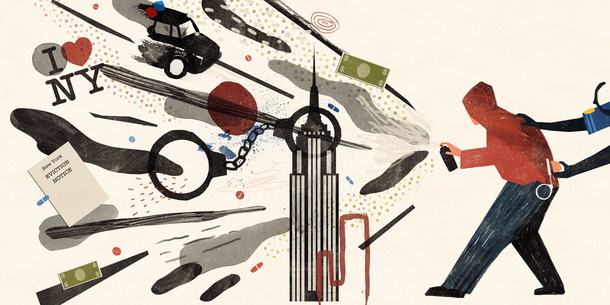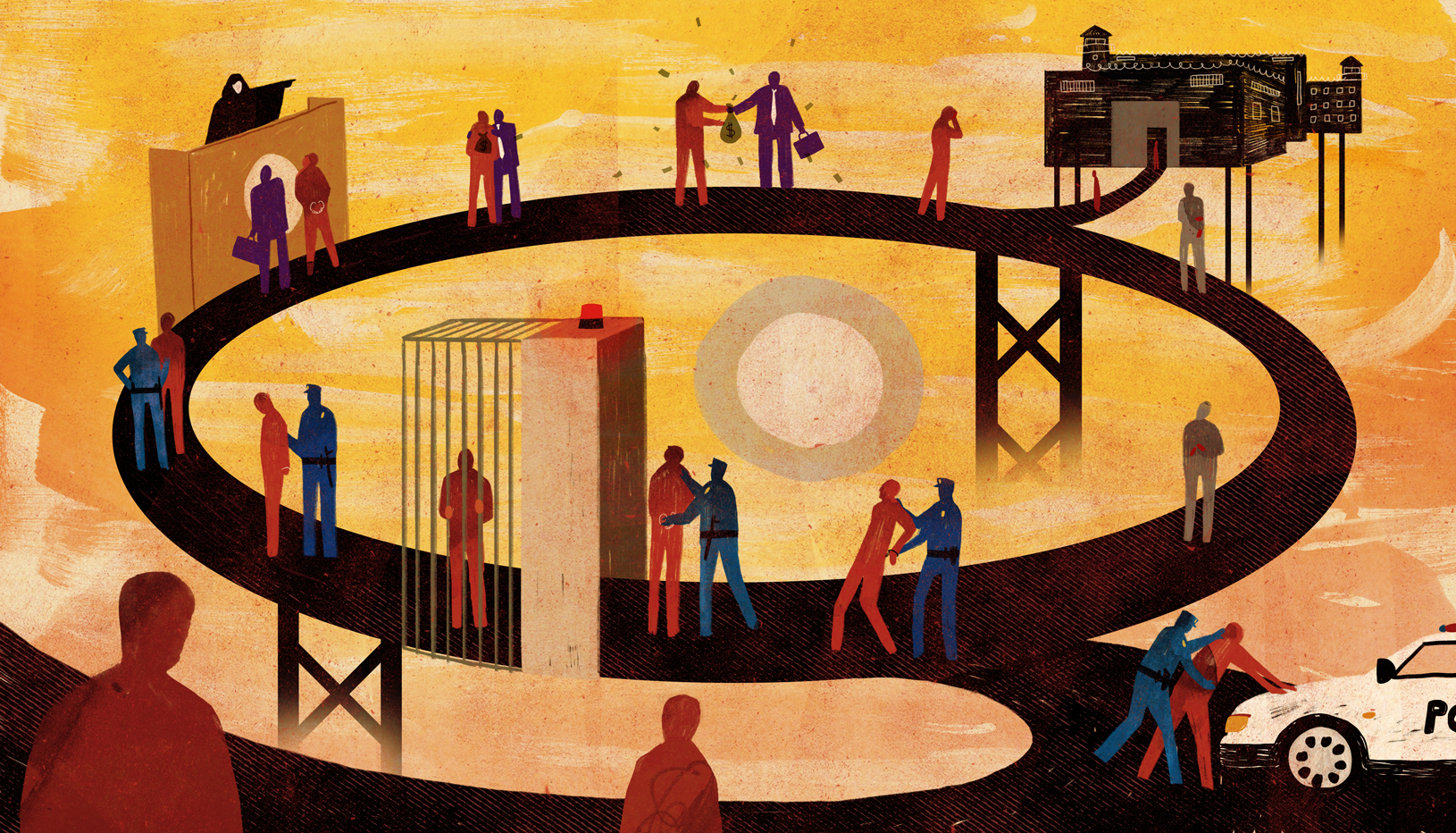Foreword
America is approaching a breaking point. For more than four decades, economic inequality has risen inexorably, stunting productivity, weakening our democracy, and leaving tens of millions struggling to get by in the world’s most prosperous country. The crises that have rocked the United States since the spring — the coronavirus pandemic, the resulting mass unemployment, and a nationwide uprising for racial justice — have made the inequities plaguing American society more glaring than ever.
This year’s intertwined emergencies have also driven home a reality that some would rather ignore: that the growing gap between rich and poor is a result not just of the market’s invisible hand but of a set of deeply misguided policy choices. Among them, this groundbreaking report reveals, is our entrenched system of mass incarceration. Mass incarceration reflects and exacerbates so many dimensions of this country’s divides — in income and health, in voice and power, in access to justice, and most importantly, over race.
The number of people incarcerated in America today is more than four times larger than it was in 1980, when wages began to stagnate and the social safety net began to be rolled back. We’ve long known that people involved in the criminal justice system — a group that’s disproportionately poor and Black — face economic barriers in the form of hiring discrimination and lost job opportunities, among other factors. This report demonstrates that more people than previously believed have been caught up in the system, and it quantifies the enormous financial loss they sustain as a result; those who spend time in prison miss out on more than half the future income they might otherwise have earned.
Ascertaining through careful statistical analyses just how costly the mass incarceration system has been to the people ensnared by it is a major achievement. These findings reframe our understanding of the issue: As a perpetual drag on the earning potential of tens of millions of Americans, these costs are not only borne by individuals, their families, and their communities. They are also system-wide drivers of inequality and are so large as to have macroeconomic consequences.
That insight is vital today. The unprecedented economic contraction triggered by the pandemic, and the federal government’s botched response, appears to be falling hardest on those who were already struggling, just like in past slumps. When employers cut back, employees with criminal records are all too often the first to be furloughed and the last to be rehired. And while major corporations get billions of dollars in relief, millions of the jobless are being largely left in the cold.
These costs come on top of other enormous costs imposed on society by our mass incarceration system. Some states have spent as much on prisons as on universities. The pandemic will make public funds even scarcer. More money spent on incarcerating more people will weaken our future, while the same money spent on expanding our universities will lead to a stronger 21st century economy.
Mass incarceration has been a key instrument in voter suppression, because people with criminal records are deprived of the right to vote in some states, and in many states former prisoners are responsible for re-registering once they are released. This undermines democracy: since poor and Black people suffer from mass incarceration disproportionately, they will be underrepresented in our electorate.
Meanwhile, a nationwide reckoning over deep-rooted racial injustice is forcing our country to come to terms with the ways in which these injustices have been perpetuated in the century and a half since the end of slavery. For the past four decades, mass incarceration — with the deprivation of political voice and economic opportunity that is so often associated with it — has been at the center. It renders economic mobility for so many Black Americans nearly impossible.
And yet this moment also brings a historic opportunity. By laying bare the grotesque inequities that undergird our society, the upheavals of 2020 have given us the needed room to profoundly change our course. An ambitious, democratically driven movement to create a fundamentally fairer and more resilient economy, based on a renewed and strengthened social contract, is at last gaining traction. But true progress will not occur until economic mobility is possible for our most marginalized and most vulnerable citizens. The urgent policies advocated here are a step toward ending that injustice and building a more prosperous and equal society. This report shows what needs to be done to stop mass incarceration. Equally important, it shows how to deal with its legacy: the large number of American citizens with criminal records. It was wrong that they lost so many of their formative years, often for minor infractions. It is doubly wrong that they suffer for the rest of their lives from the stigma associated with imprisonment. For them, and for our entire society, we need to minimize the consequences of that stigma.
There is much that has to be done if our society is to fully come to terms with our long history of racial injustice. Stopping mass incarceration is an easy place to begin. This report makes a compelling case for the enormous economic benefits to be derived from doing so.
Joseph E. Stiglitz
University Professor
Columbia University









